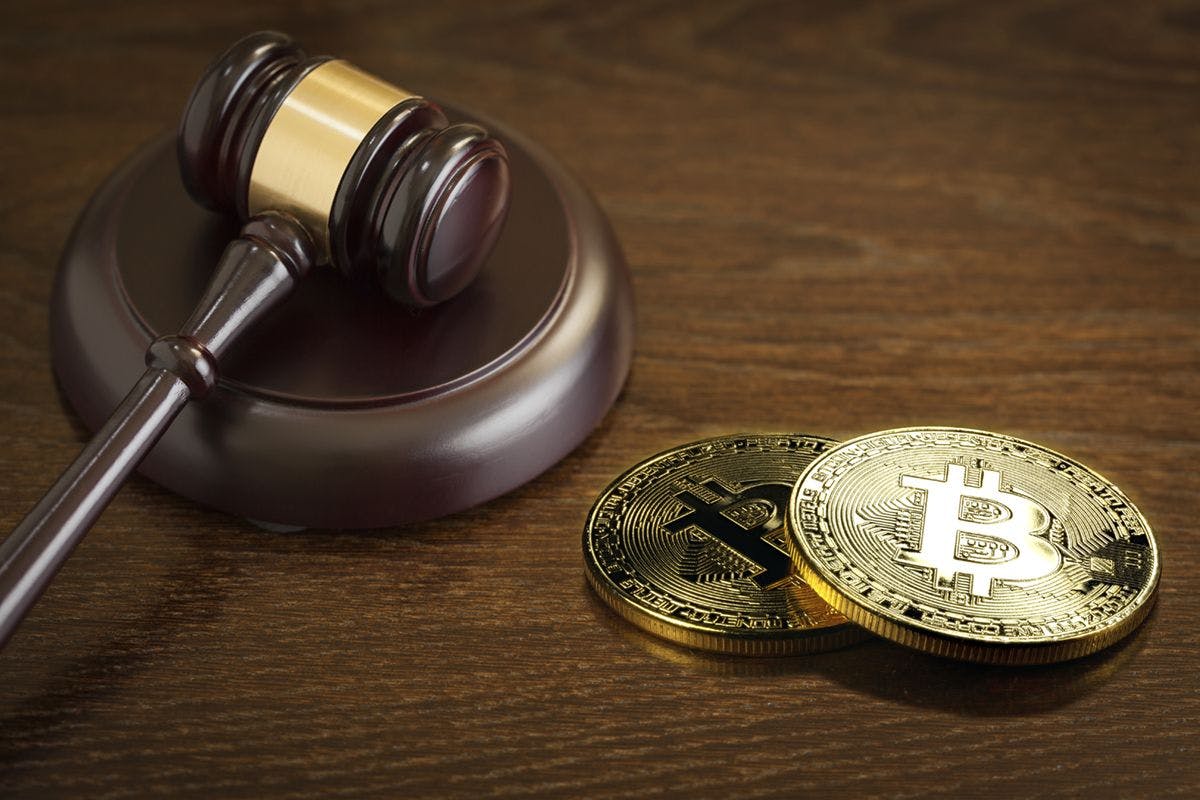546 reads
The Cryptocurrency Sector Is Concerned About An EU Ban On NFTs
by
July 21st, 2022
Audio Presented by
I'm a beginner Software developer from Georgia with a big love for all things blockchain!
About Author
I'm a beginner Software developer from Georgia with a big love for all things blockchain!
